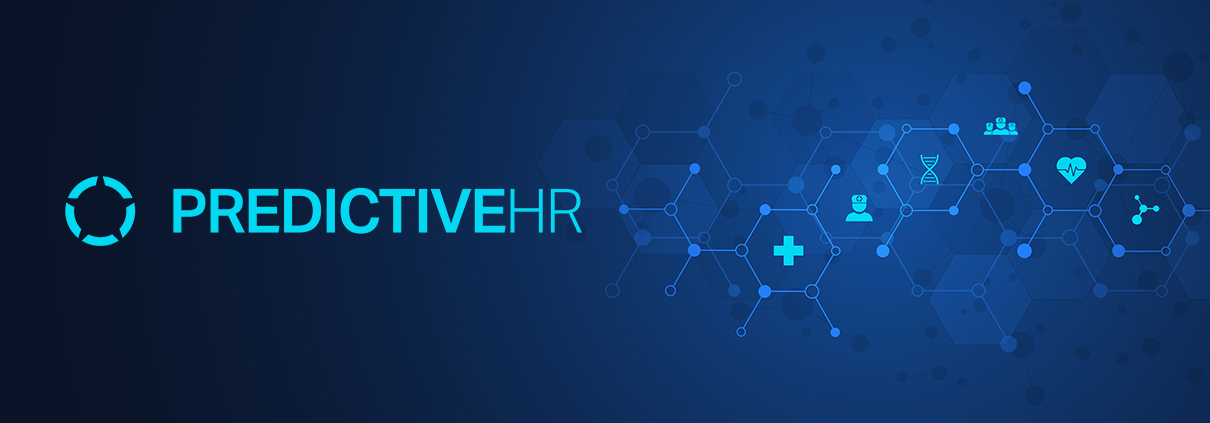Essentials Insights in Healthcare from PredictiveHR
Understanding Healthcare Data Fragmentation
Healthcare data fragmentation refers to the scattered and disjointed nature of data across different systems, departments, and platforms within a healthcare organization. This fragmentation can occur due to various factors such as legacy systems, disparate data sources, lack of interoperability, and siloed information. Consolidating data from disparate systems for regulatory reporting purposes requires robust data management strategies and technology solutions. In this Essentials Insights in Healthcare from PredictiveHR, we explore how the vast amount of data generated from sources like HCM systems, electronic health records (EHRs), billing systems, and patient engagement platforms often leads to disjointed and siloed information. This can result in incomplete or inconsistent reporting, making it challenging to get a comprehensive view of employee data, patient care, operations, and financial performance. PredictiveHR understands the critical importance of data integrity and offers a robust solution to tackle this issue head-on.
Challenges Posed by Data Fragmentation
Fragmented data often leads to significant interoperability challenges, making it difficult to seamlessly exchange and integrate data between systems and applications. Consequently, this hampers care coordination and continuity. Furthermore, inconsistent data formats, coding standards, and duplicate records can arise from data fragmentation, directly impacting data quality, accuracy, and reliability. As a result, this can lead to erroneous decisions and compromised patient care. Additionally, fragmented data inhibits the ability to derive meaningful insights and perform comprehensive analytics, ultimately leading to limited insights and suboptimal outcomes. Consequently, healthcare organizations struggle to gain a holistic view of patient health, operational performance, and financial metrics. Moreover, data fragmentation raises serious concerns about data privacy, security, and regulatory compliance. Therefore, managing access controls, ensuring data integrity, and adhering to regulatory requirements become increasingly challenging in fragmented data environments.
Compliance and Regulatory Reporting
In the healthcare industry, compliance with regulations and accurate regulatory reporting are paramount. Healthcare data is highly regulated, and organizations must comply with various industry standards and regulations such as HIPAA (Health Insurance Portability and Accountability Act). Healthcare organizations are required to submit various reports and disclosures to regulatory bodies, insurers, and government agencies. These reporting requirements often involve complex data sets, timelines, and formats, posing challenges in data aggregation, validation, and submission. Gaps may arise in ensuring data accuracy, privacy, and security while generating compliance reports, leading to potential risks and penalties.
Real-time Reporting and Predictive Analytics
Timely access to real-time data is crucial in healthcare for making informed decisions, monitoring patient outcomes, and managing resources efficiently. Gaps in real-time reporting capabilities can hinder the ability to respond quickly to patient needs, emerging trends, or operational challenges. While retrospective reporting is essential for understanding past performance, gaps may exist in leveraging predictive analytics to forecast trends, anticipate operational needs, and optimize healthcare delivery. Incorporating predictive modeling and analytics can enhance decision-making and proactive management strategies.

How PREDICTIVEHR’S Data Integrity Engine Revolutionizes Healthcare Data Management
PredictiveHR’s data integrity engine is designed to unify fragmented data sources, ensuring data consistency, accuracy, and accessibility. By leveraging advanced data integration techniques, data cleansing algorithms, and validation processes, the engine streamlines data workflows and eliminates redundancies. Continuous monitoring through PredictiveHR’s Data Integrity Engine ensures ongoing data accuracy and integrity by identifying anomalies and inconsistencies. With data cleansing and validation mechanisms, organizations can trust the accuracy and reliability of their data, leading to better decision-making.
Data fragmentation is a complex issue in healthcare. However, with the right tools and strategies, organizations can turn fragmented data into a valuable asset. PredictiveHR’s data integrity engine leads this transformation, helping healthcare providers fully leverage their data to improve patient care, operational efficiency, and innovation.
Unlocking Strategic Insights with PREDICTIVEHR’S Executive Lens Analytics Platform
In today’s rapidly evolving healthcare landscape, data-driven decision-making is more critical than ever. Healthcare organizations are leveraging advanced analytics platforms to gain strategic insights, optimize operations, and improve patient outcomes.
PredictiveHR’s Executive Lens Analytics Platform is a powerful tool designed specifically for healthcare executives and leaders. It integrates data from multiple sources within the organization, including HCM technology, financial systems, workforce management platforms, and patient satisfaction surveys, to provide a comprehensive view of key performance indicators (KPIs) and critical metrics.
PredictiveHR’s Executive Lens Analytics Platform is truly a game-changer for healthcare executives, offering a comprehensive solution to harness the power of data and analytics. Specifically, by leveraging actionable insights, predictive capabilities, and strategic benchmarking, healthcare organizations can effectively drive innovation, improve performance, and deliver high-quality care in today’s dynamic healthcare environment. Therefore, discover the transformative potential of Executive Lens and elevate your healthcare organization’s analytics capabilities to new heights.
Essentials Insights in Healthcare from PredictiveHR
Healthcare data fragmentation is a complex issue with far-reaching implications. In this Essentials Insights in Healthcare from PredictiveHR, we explore how adopting proactive strategies, leveraging technology solutions, and fostering a data-driven culture can help healthcare organizations break down data silos, unlock the full potential of their data assets, and pave the way for improved patient care, operational excellence, and innovation in the healthcare ecosystem.



